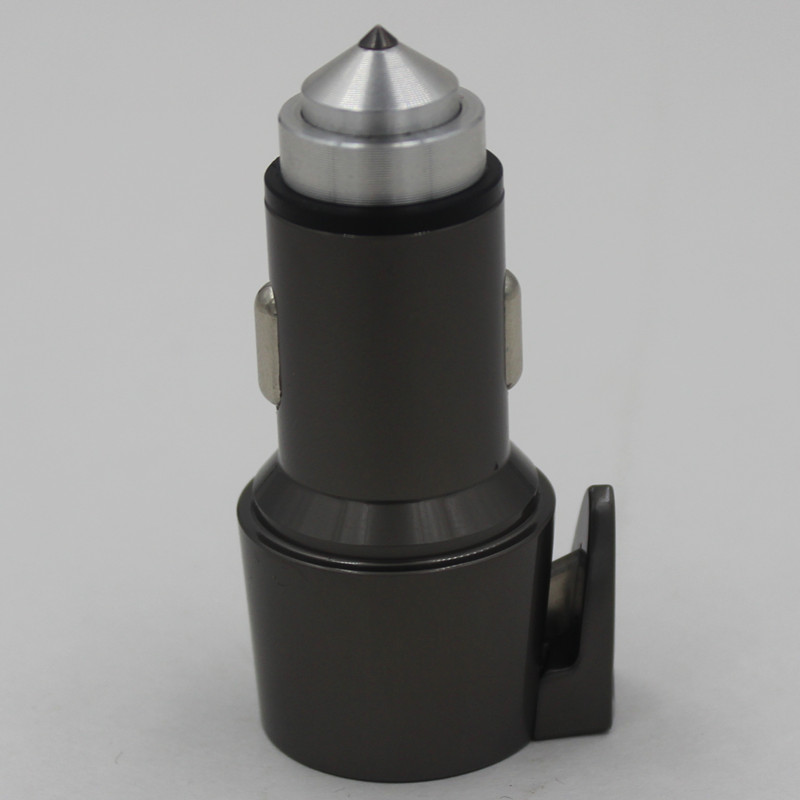Introduction to Tool Steel Plates
In the field of precision engineering, the choice of materials can significantly affect the performance and longevity of components. Tool steel plates offer exceptional hardness, wear resistance, and toughness, making them an essential material in manufacturing processes. In the UAE, where industries such as automotive, aerospace, and oil & gas are continuously evolving, sourcing quality tool steel plates is paramount to achieving operational efficiency and product reliability.
Understanding Tool Steel Grades
Tool steels are categorized into several grades, each designed to meet specific manufacturing requirements. Some of the common grades include:
- AISI D2: Known for its high wear resistance, D2 is ideal for dies and molds.
- AISI O1: This oil-hardening tool steel is great for tools that require sharp edges.
- AISI S7: An air-hardening tool steel that combines toughness and shock resistance ideal for high-impact applications.
- AISI H13: Provides excellent resistance to heat and is often used in hot working applications.
Understanding the differences among these grades will help engineers and manufacturers select the most appropriate material for their specific applications.
Advantages of Using Tool Steel Plates in Engineering
Tool steel plates bring a host of advantages to precision engineering:
- Durability: Tool steels are built to withstand significant wear and tear, prolonging tool life and reducing replacement costs.
- Precision: The manufacturing process allows for precise machining, ensuring that the components produced are of the highest quality.
- Versatility: Tool steels can be used in various applications, from automotive to electronics, making them a versatile choice for engineers.
- Heat Resistance: Certain tool steels can sustain their properties even at elevated temperatures, making them ideal for demanding environments.
Applications of Tool Steel Plates in the UAE
The UAE is home to a myriad of industries where tool steel plates play a critical role. Key applications include:
- Automotive Manufacturing: Tool steels are used for components such as molds and dies, contributing to the production of high-quality vehicles.
- Aerospace Engineering: The stringent safety and performance requirements in aerospace demand the reliability of tool steel plates.
- Oil and Gas Industry: Tool steels are integral in drilling applications where performance under extreme conditions is crucial.
- Construction: Applications include steel tooling and machinery parts that require durability and high precision.
Why Choose Local Suppliers in the UAE?
Local suppliers in the UAE offer several benefits for businesses looking for high-quality tool steel plates:
- Expert Knowledge: Local suppliers possess an in-depth understanding of regional industry needs and can recommend the best materials.
- Quick Turnaround: Proximity allows for faster delivery times, minimizing downtime in production processes.
- Support and Service: Working with local suppliers ensures better support, helping businesses troubleshoot and optimize their engineering solutions.
- Cost-effectiveness: Reducing shipping costs and tariffs can lead to significant savings for companies in the UAE.
Quality Assurance in Tool Steel Plate Manufacturing
When selecting tool steel plates, it is vital to ensure that they meet stringent quality standards. Major factors to consider include:
- Certification: Reputable suppliers should provide certifications proving that their products meet international standards.
- Testing Methods: Ensure the plates undergo rigorous testing for hardness, toughness, and wear resistance.
- Traceability: Manufacturers should offer traceability of the material to guarantee its origin and production quality.
Investing in high-quality tool steel plates not only enhances performance but can also improve the overall integrity of the final products.
Future Trends in Tool Steel Usage
The landscape of precision engineering is ever-changing. Emerging trends affecting the use of tool steel plates include:
- Innovation in Materials: Advances in metallurgy are leading to new grades with improved properties.
- 3D Printing: The rise of additive manufacturing presents new opportunities for tool steel applications.
- Environmentally Friendly Options: There is a growing movement towards sustainable materials, influencing how tool steel is produced and used.
Staying updated on these trends is essential for engineers and manufacturers to remain competitive in the market.
Conclusion
High-quality tool steel plates are indispensable in precision engineering across various industries in the UAE. Understanding the unique properties of different tool steel grades, leveraging local suppliers, and ensuring stringent quality control can significantly impact manufacturing success. As industries evolve, keeping pace with advancements and trends will further enhance the role of tool steel in engineering applications.

